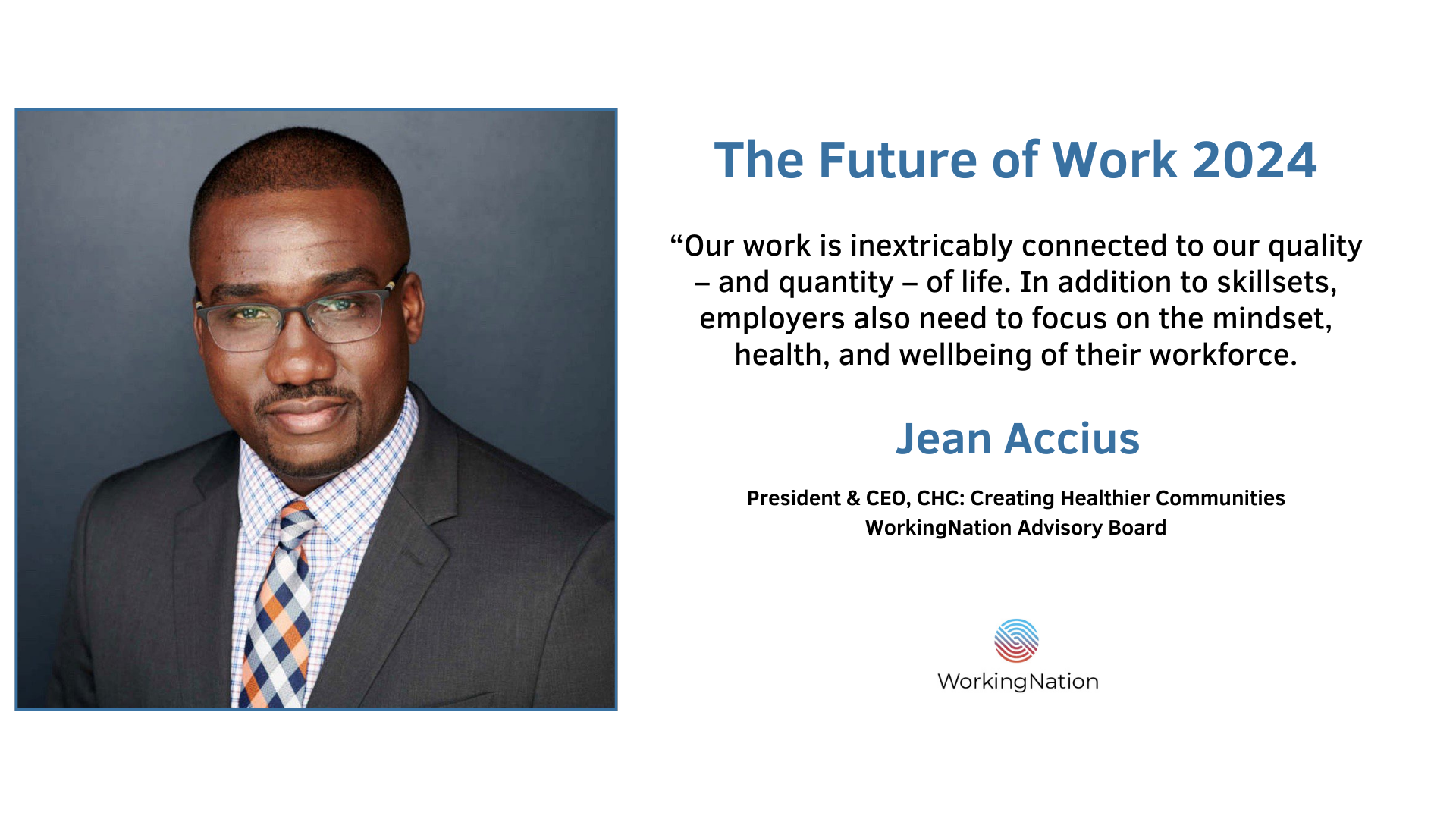The ill winds of Hurricanes Harvey and Irma impacted the United States’ job market in September, contributing to the first monthly job decline in seven years.
The overall economy shed 33,000 jobs last month, after adding an average of 172,000 jobs monthly since the recovery from the Great Recession began 2010, according to the latest numbers from the Bureau of Labor Statistics.
Nationwide gains in construction (8,000), transportation and warehousing (21,800), and education and health services (27,000) were tempered by the major losses felt in areas hit hard by the severe storms in Texas, Florida and surrounding states.

Thousands of businesses were shut down, and many of them were restaurants and bars. The scale of the property damage, according to economists, was a major contributor to the 110,000 jobs lost in the leisure and hospitality sector. Restaurants have played a huge role in the overall job growth in the U.S. over the past year, averaging about 24,000 new jobs a month, or about 10 percent of the jobs added.

RELATED STORY: Harvey shuts down Houston and its workforce
Those September restaurant losses pushed up the measure of average hourly wages by 12 cents to $26.55 per hour in September or 2.9 percent above a year ago. Economist Diane Swonk of DS Economics in Chicago explained how: “Higher paid, salaried workers remained on payrolls but low wage, hourly employees lost wages. A similar phenomenon occurred in the wake of Hurricane Katrina. Look for wages to decelerate once disruptions to hourly work fade.”
Wage growth is one of the best measures of the country’s economic health and right now we’re experiencing wage stagnation, according to numbers released in September by The Hamilton Project, a policy initiative at The Brookings Institute. “After adjusting for inflation, wages are only 10 percent higher in 2017 than they were in 1973, with annual real wage growth just below 0.2 percent”, according to the report.
The report’s research team concluded there were many factors to this stagnation, including something WorkingNation is committed to spotlighting: the changing nature of the workforce.
“Globalization and technology have brought great gains to American workers as a group, but their benefits have been unequally shared. They have likely contributed to worsening labor market outcomes for low-skilled workers, helping explain the stagnation in their wages,” according to The Hamilton Project.
RELATED STORY: Q&A with Ramona Schindelheim on her upcoming series on C-suite solutions to the skills gap
In other words, we’re continuing to grow an economy made up of high-skilled jobs that demand highly-skilled workers who can command higher wages. Right now, our job growth is still disproportionately made up of lower-skilled, lower-paying jobs, such as found in the service sector.
Another factor is education. The United States lags behind other developed countries in producing enough talent in science, technology, engineering and math (STEM) fields. And there’s no doubt having a degree will help your paycheck. Those holding a bachelor’s degree in 2016 earned 168 percent more than someone with just a high school diploma, according to the report. An advanced degree earned a worker 213 percent more than a high school diploma.
Employers say they have the jobs for those higher-skilled workers, if only they could find them.
Join the Conversation: What do you think about the latest jobs numbers? Have your say on our Facebook page.











